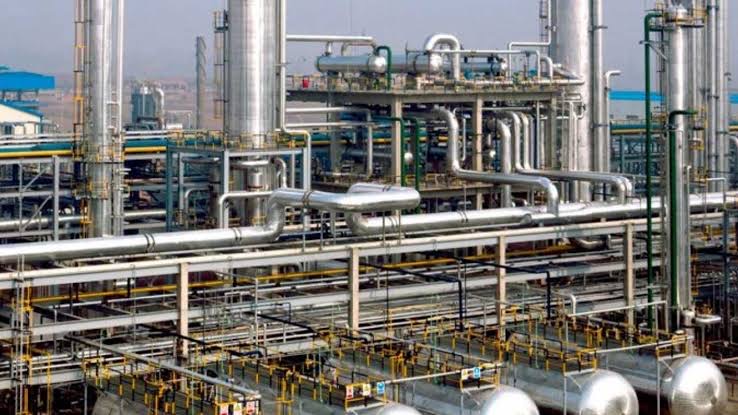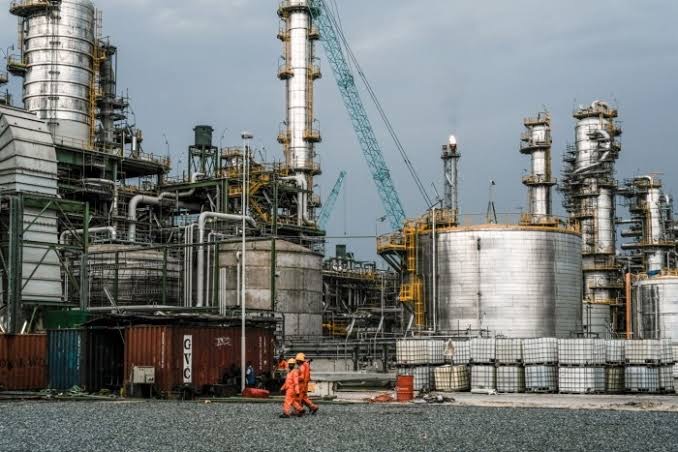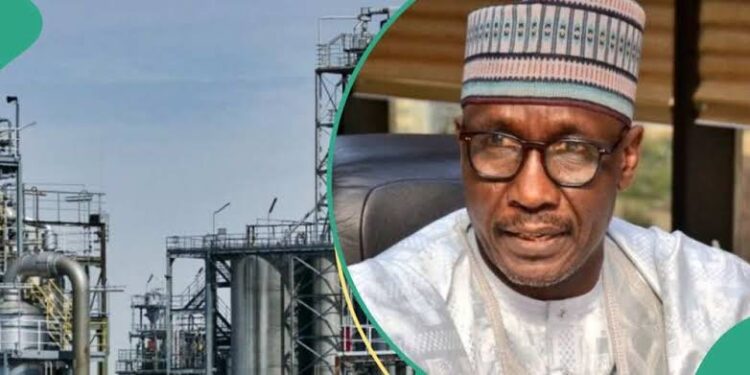The Port Harcourt Refining Company, a refinery under the management of the Nigerian National Petroleum Company Limited in Rivers State, has once again failed to commence operations after approximately six postponements.
It has been observed that the promises made to the Nigerian citizenry by the Federal Ministry of Petroleum Resources and the NNPC regarding the refinery’s operations have continued to witness multiple failures. Since December 2023, the NNPC, which is responsible for all government-owned refineries, has provided Nigerians with various dates, assuring them that the refinery would soon begin the sale of refined products.
In July, the Group Chief Executive Officer of the NNPC, Mele Kyari, categorically stated that the refinery would come into operation in early August. The same Kyari had previously stated in 2019 that the NNPC would deliver all four of the country’s refineries before the end of former President Muhammadu Buhari’s administration. During a recent appearance before the Senate in July, Kyari boasted, “I can confirm to you, Mr. Chairman, that by the end of the year, this country will be a net exporter of petroleum products.”

The Nigerian National Petroleum Corporation (NNPC) had previously announced that the rehabilitation of its refineries in Warri and Kaduna would commence production, while the Port Harcourt refinery was set to begin operations in early August this year. However, as the mid-point of August approaches, the Port Harcourt refinery has yet to commence operations, raising concerns that this might be another unfulfilled promise from the NNPC.
In response to inquiries from our correspondent on Tuesday, the NNPC spokesperson, Olufemi Soneye, stated, “We are on course.” Soneye did not provide further details when asked if this meant the refinery would still begin operations this month. The NNPCL had in December 2023 said that the 210,000 barrels per day refinery was reported to have reached mechanical completion of rehabilitation work.

It was initially stated that the facility would start refining 60,000 barrels of crude oil daily after the Christmas break last year. Later in January, the NNPC Group Managing Director, Mele Kyari, indicated that the refinery was undergoing testing and would be ready by the end of January. During the second month of the year, the Shell Petroleum Development Company of Nigeria Limited completed the supply of 475,000 barrels of crude oil to the Port Harcourt refinery, raising the expectations of marketers that production was set to commence.
In February, the Shell Petroleum Development Company of Nigeria Limited successfully delivered 475,000 barrels of crude oil to the Port Harcourt refinery, heightening marketers’ anticipation that production would soon begin. This development followed a statement from the Nigerian National Petroleum Corporation (NNPC) in January, indicating its intention to engage reputable and credible operations and maintenance firms to oversee the Port Harcourt refinery. However, NNPC did not reveal whether it had secured any bidders for this role.
In mid-March, Kyari announced that operations at the Port Harcourt refinery were expected to commence within two weeks, specifically in April. “We are committed to serving this nation with integrity and respect. We will ensure that the commitments we have made regarding the rehabilitation of these refineries are fulfilled,” Kyari remarked after his appearance before the Senate Ad-hoc Committee investigating various turnaround maintenance projects for the country’s refineries. As the April deadline passed, independent petroleum marketers informed The PUNCH that production at the facility was anticipated to begin by the end of July.
In response to this situation, NNPC’s Chief Corporate Communications Officer, Soneye, stated that the only barrier preventing the refinery from becoming operational was the need for regulatory approvals from international authorities. “We have confirmed that mechanical completion has been achieved and all other preparations are in place. Crude oil is available, and all piping systems are functional; we are merely awaiting regulatory approvals. As I mentioned, some of our materials involve nuclear components, and we require authorization from nuclear authorities to utilize these at the site.”
































